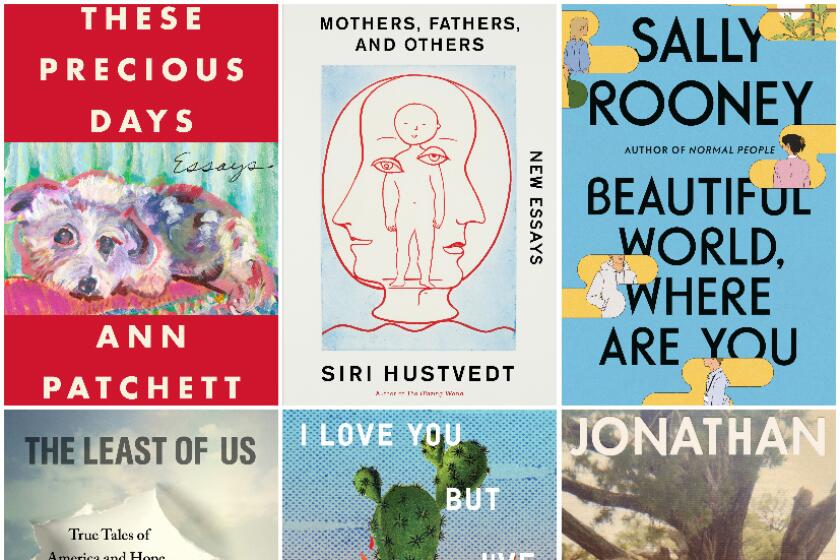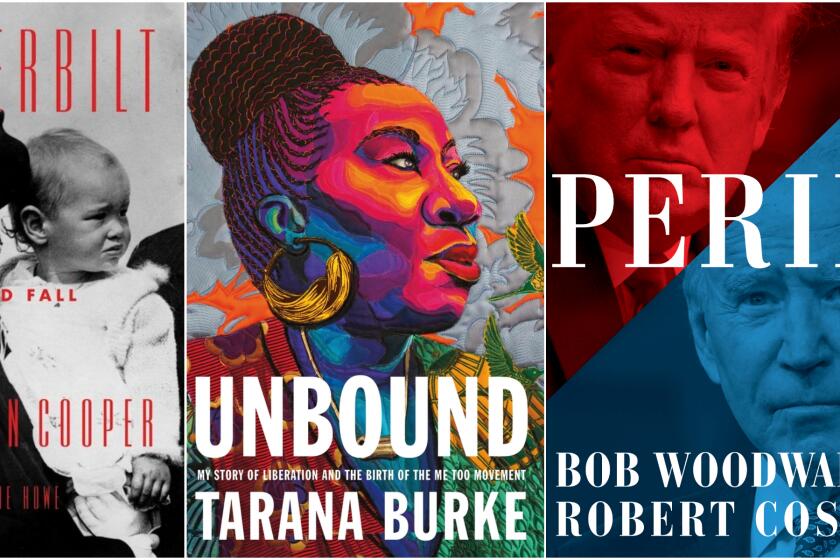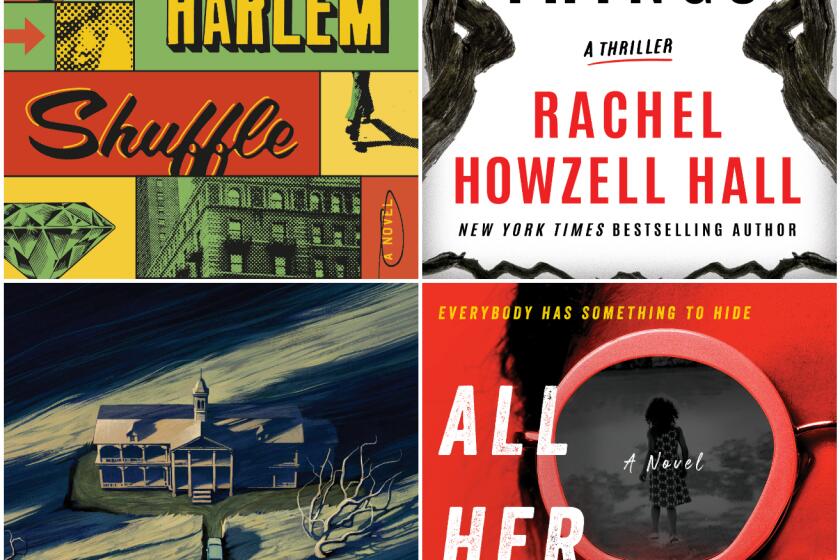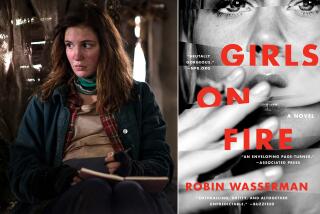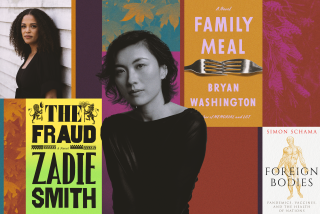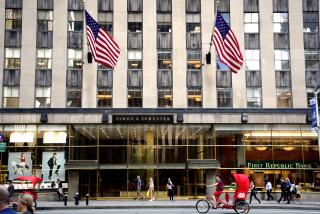‘Hot vaxxed summer’ fizzled, but ‘hot books fall’ feels like a safe bet

What was it like seeing book sales explode during the coronavirus pandemic? Jonathan Karp, Simon & Schuster’s president and CEO, couldn’t help quoting Charles Dickens: “It was the best of times, it was the worst of times.”
“A lot of people had extra time at home and they turned to books,” Karp said. Virtual sales and appearances, meanwhile, “made it easier to reach readers directly.”
Still, it’s been a rocky 18 months for U.S. publishers, whose jobs are defined by predictability: They work on monthslong publishing schedules, orchestrate book tours and promotional plans and calibrate printings based on expectations.
After a brutal year of economic uncertainty, booksellers in L.A. are expecting a full recovery. But the June 15 reopening is reigniting safety concerns.
As COVID-19 swept across the world last year, they had to throw many of those plans out the window — canceling tours, delaying books and having their media rollouts drowned out by breaking news. Nevertheless, fueled by online sales and the demand of the quarantined and bored, total unit sales for print books in the generally flat industry rose 8% between 2019 and 2020, according to NPD BookScan.
This fall promises something almost as valuable as a boom year: a return to some semblance of normal.
“This year, we’re not letting the pandemic dictate our decisions,” said Reagan Arthur, publisher and executive vice president of Knopf, an imprint of Penguin Random House. “The pandemic’s been with us longer than some of these books have, and so we scheduled them having a much better sense of how we would publish them, whatever the current climate was.”
It’s been a strong 2021 for adult fiction, led by Amazon bestsellers such as Kristin Hannah’s “The Four Winds,” Matt Haig’s “The Midnight Library” and Laura Dave’s “The Last Thing He Told Me.” This fall is equally promising, with new titles from crossover literary stars including Richard Powers, Anthony Doerr, Jonathan Franzen, Sandra Cisneros and debut thriller novelist Hillary Rodham Clinton (with Louise Penny).
Sally Rooney, Anthony Doerr, Maggie Nelson, Richard Powers, Jonathan Franzen — the list goes on. Four critics on kicking off a big, bookish fall.
The pandemic fueled some surprising — and perhaps temporary — areas of growth. George Orwell’s dystopian novel “1984” is among Amazon’s top 20 bestsellers of the year (so far). And last March, just as the state was preparing for its first shutdown, Albert Camus’ “The Plague” was flying off of the shelves of local stores.
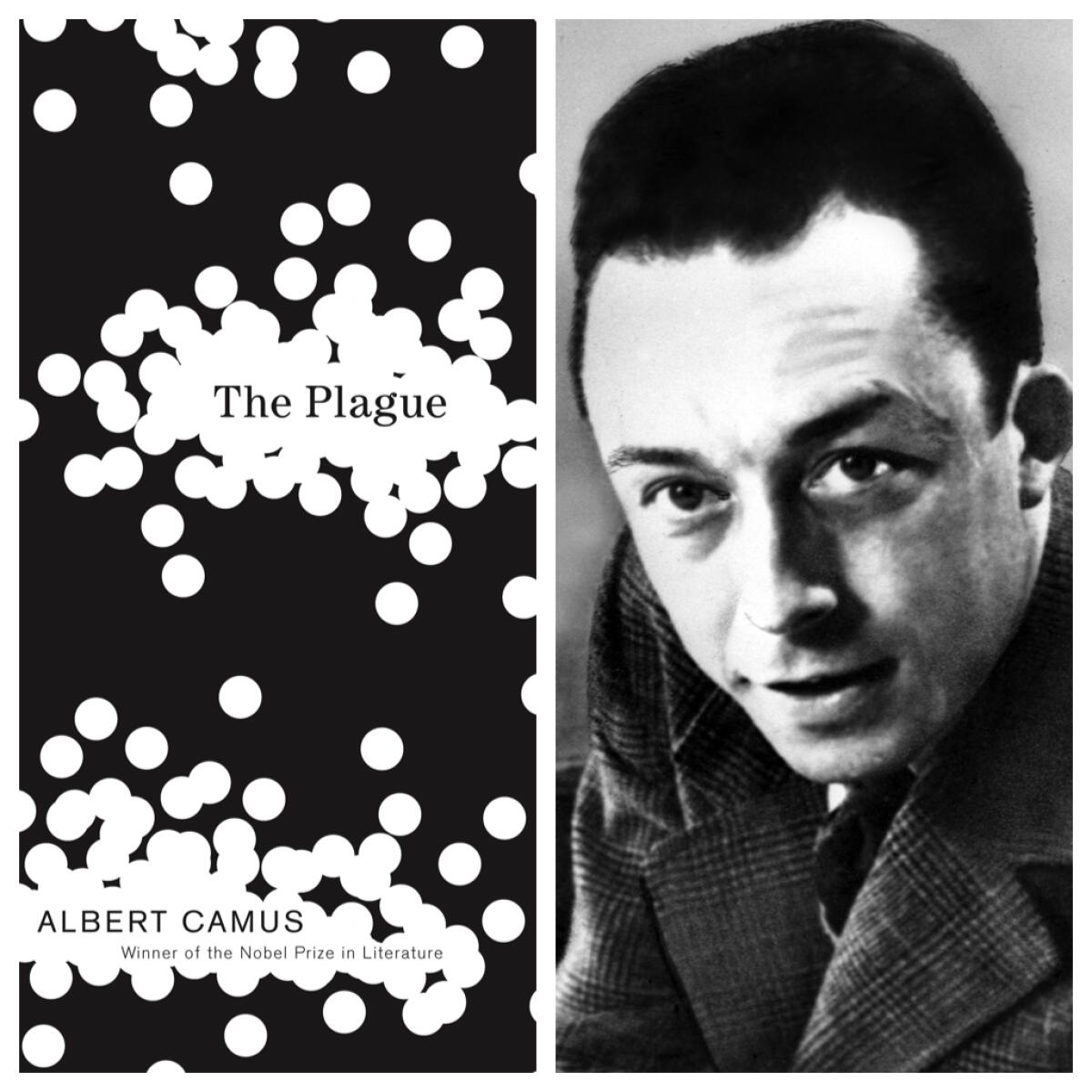
Tobi Harper, deputy director at Red Hen Press, has noticed an uptick in reader interest in dark fiction. (Dystopia has certainly dominated critical attention.) Last fall, even before the rise of phenom Amanda Gorman, it was poetry. “Any time of extreme political turmoil,” Harper said, “there’s a noticeable jump in poetry sales.”
Sales of Japanese manga skyrocketed 243%, according to NPD BookScan, making it the largest adult fiction category in the U.S. Those sales are expected to decline as people return to offices and schools and reading habits revert to the mean.
Nonfiction should see a shift — away from Trump books, for one thing. Jonathan Burnham, president and publisher of the HarperCollins imprint Harper, believes people will want to read both for distraction and information. “I think readers want a wide range of different kinds of books, and that’s good for the general health of publishing and bookselling,” he said.
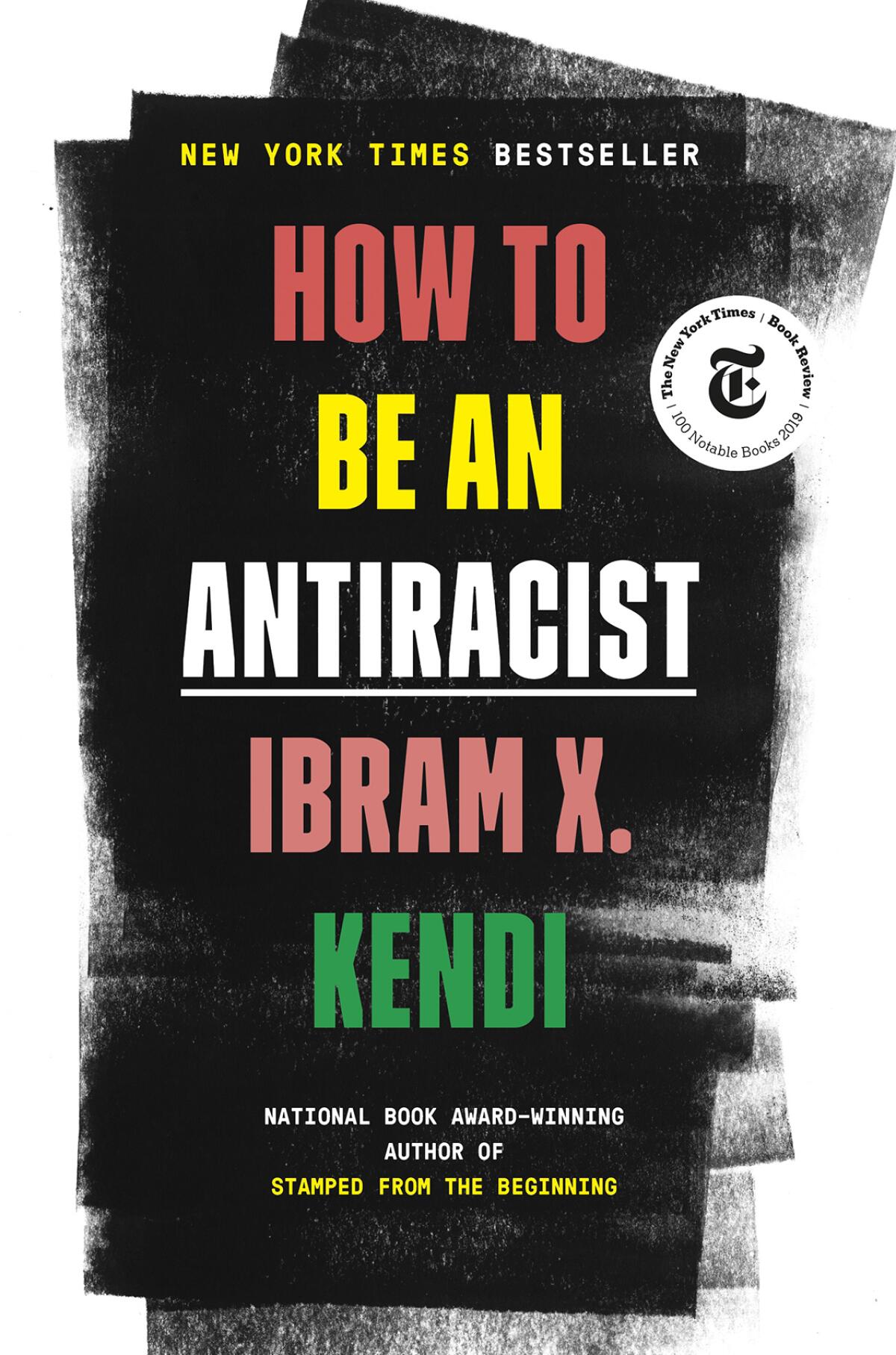
Books about civil rights, diversity and discrimination have sold at historic levels since last summer’s protests against police brutality, and those sales are expected to stay high.
“We saw a lot of people buying books by Huey Newton and Angela Davis,” said Stacey Lewis, director of publicity and marketing at City Lights Publishers. At University of California Press, sales remain high for books about social justice, reported Tim Sullivan, its executive director.
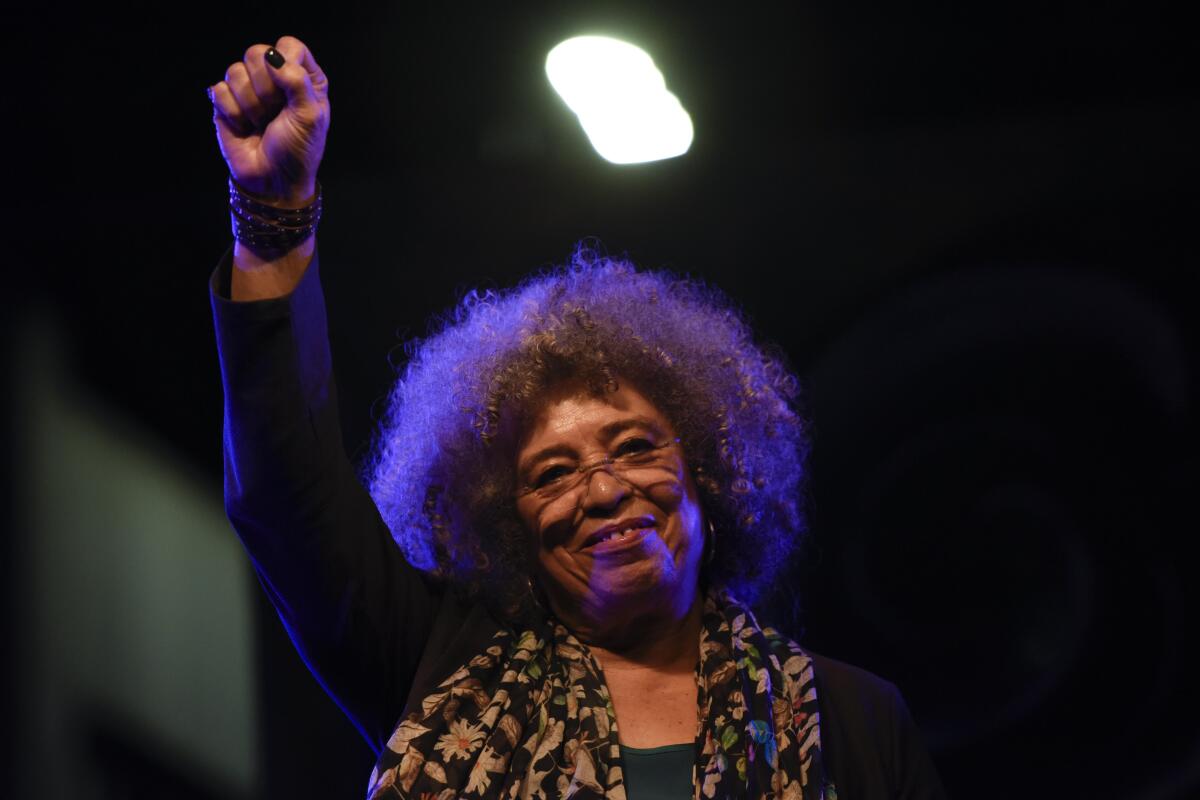
Between Black Lives Matter, Trump and the pandemic, it shouldn’t be too surprising that 2020 saw the highest sales of political books in NPD BookScan history.
While this year is unlikely to top that, expectations are high for September’s “Peril,” the third and final installment in investigative journalist Bob Woodward’s trilogy of Trump exposés, this one co-written with Robert Costa.
It’s one of several Trump books published this year; it could also be one of the last. The summer saw a rush to publish titles breaking down Trump’s loss and his scramble to hold power — Michael C. Bender’s “Frankly, We Did Win This Election” as well as “I Alone Can Fix It,” by Philip Rucker and Carol Leonnig — in hopes of beating Woodward to the punch and perhaps making one last grab for readers.
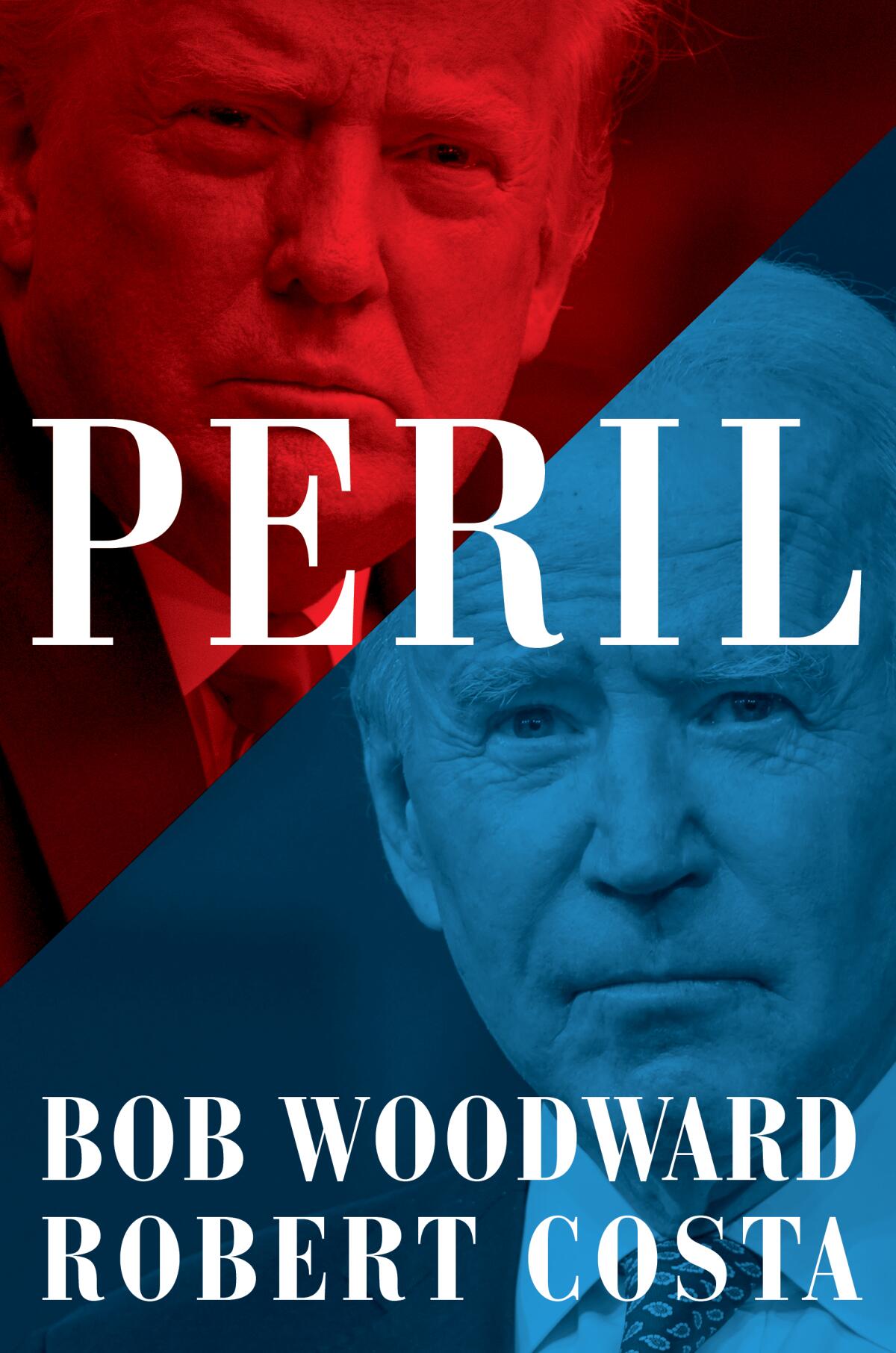
News keeps breaking, however, and some big titles will address emergencies that have outlived Trump. “The Path to a Livable Future,” by Stan Cox, explores the connections among the many crises of the past year and a half. “Viral,” by Matt Ridley and Alina Chan, will investigate the origins of the virus and interrogate the lab-leak theory.
One title Karp is banking on is “World War C: Lessons from the COVID-19 Pandemic and How to Prepare for the Next One” by Kristin Loberg and Sanjay Gupta, CNN’s chief medical correspondent.
“The media has covered the pandemic so thoroughly that the authors most likely to stand out are ones who either have great expertise or a controversial perspective,” Karp said. It’s why he expects “World War C” to do well.
“We’ve been selective about COVID books,” he said, “because the story is everywhere.”
Big releases probe COVID-19’s origins, Anthony Bourdain’s life, Tarana Burke’s survivor story, the Vanderbilts and one last serving of Trump.
Waiting for normal
Whatever normal looks like, it’s clear to publishers that we aren’t there yet.
Last year, after book tours were canceled, authors took to virtual platforms to promote their books, wiping out a major source of revenue for bookstores. Though online sales have buoyed publishing, they tend to help those with established platforms. Bricks-and-mortar shops, which operate through hand sales, recommendations and word of mouth, remain an important avenue for up-and-coming authors.
“An author who has a strong presence or following can certainly sell a lot of books at virtual events,” says Burnham of HarperCollins, “but it’s harder for newer voices to get the kind of sales that you might get from in-person events versus virtual, because there’s so much competition for people’s time in the evenings.”
Going into the fall, many writers are doing hybrid events — while keeping a close eye, day by day, on the surging Delta variant.
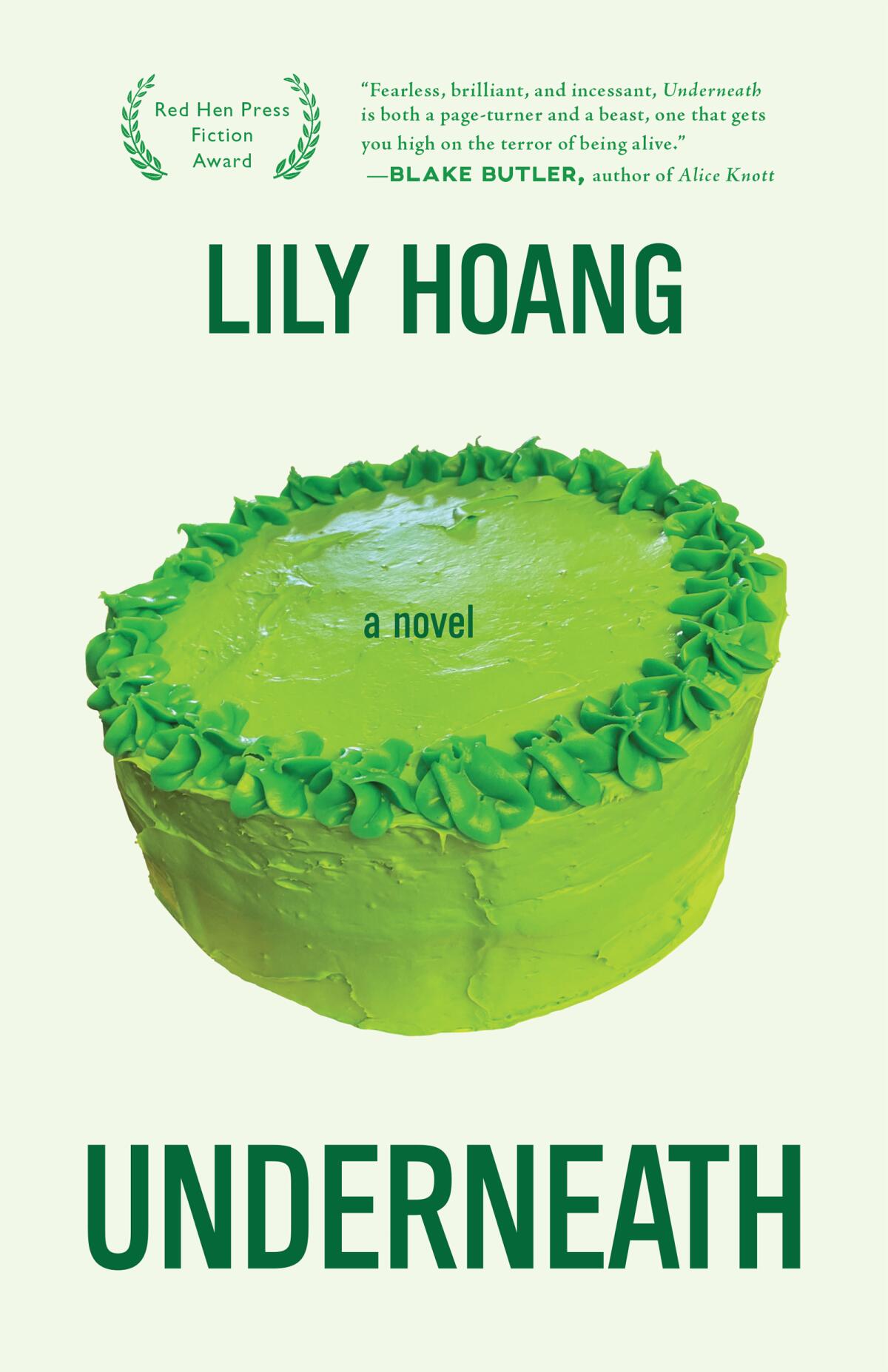
Lily Hoang, author of the forthcoming novel “Underneath,” has a few readings scheduled across the country beginning in November. Whether or not she attends will depend on case numbers.
A professor at UC San Diego, Hoang is used to delivering lectures via Zoom but less comfortable using it for promotion. “Students in the classroom are paying money to laugh at my bad jokes, but if I’m reading to promote my book and I can’t gauge the audience response, it’s very, very difficult,” she said.
Crime writer Don Winslow postponed the publication of “City on Fire,” scheduled for Sept. 21, to April 2022, hoping touring would be safer then.
“One of the great joys of publishing a new book is interacting with readers on a tour,” Winslow said in a statement Aug. 10. With COVID-19 cases rising again, he will wait until he can “tour at full capacity, meet with readers in signing lines and shake the hands of the people I value so much.”
Critic Paula Woods is eagerly awaiting 5 mysteries by a diverse group of authors, including Colson Whitehead, that deserve your undivided attention.
The country’s varying reactions to the health crisis have posed a major challenge in planning tours and readings.
“Every state responds differently, counties respond differently, and that certainly impacts artists that want to be connecting with the world,” Lewis said.
Harper at Red Hen said they’re not counting on a fully open country this fall.
“We’re trying not to depress our authors by saying things like that quite so intensely, but basically we’re saying, ‘If you want to do an in-person event, let’s talk to the bookstore and see how they’re living,’” Harper said.
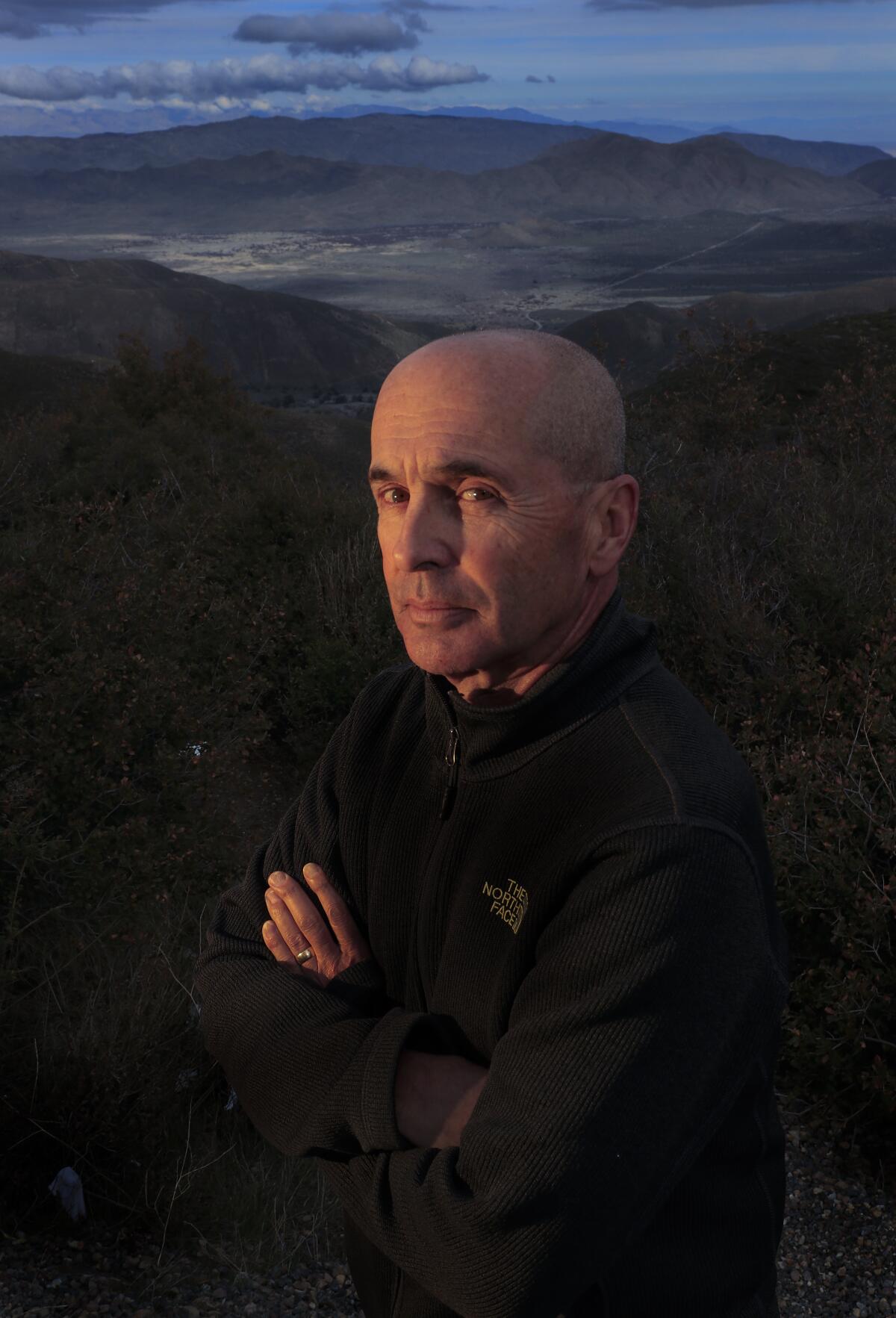
In the meantime, virtual events can attract bigger crowds from around the world. After the pandemic scrapped any chance to promote his book in person, Cox, the “Path to a Livable Future” author, took full advantage of the virtual realm to promote last year’s “The Green New Deal and Beyond.”
He sat down with “Democracy Now!” journalist Amy Goodman and Noam Chomsky — the famous and hard-to-book linguist — for a virtual conversation.
“That’s the kind of thing that wouldn’t have happened pre-pandemic,” he said.
Tough as the times have been, publishers acknowledge the silver lining of the pandemic.
“The industry is healthy right now,” Karp said. “A lot of people have time to read. They’re still going out less so they’re home more, and there’s only so much Netflix you can watch … people are buying and reading books, we’re seeing reorders from booksellers, we’re seeing increased demand on our authors year over year.”
All things considered, maybe publishers won’t mind waiting a little longer for a return to normal.
More to Read
Sign up for our Book Club newsletter
Get the latest news, events and more from the Los Angeles Times Book Club, and help us get L.A. reading and talking.
You may occasionally receive promotional content from the Los Angeles Times.

